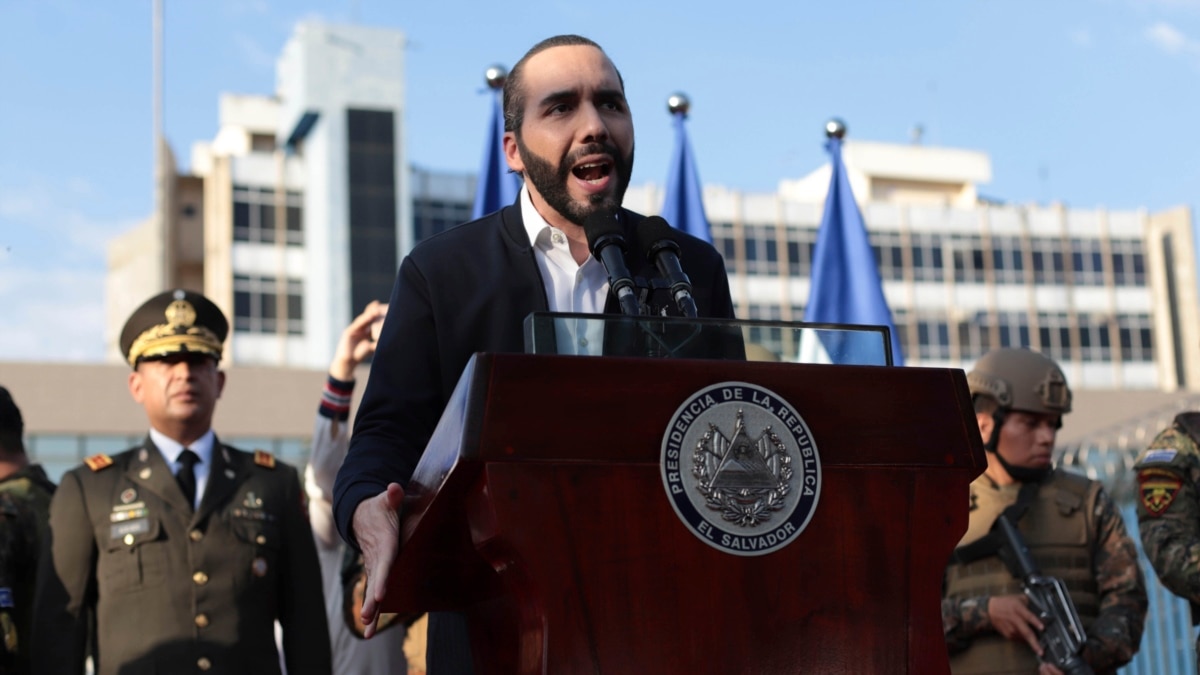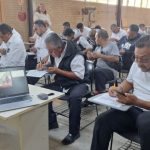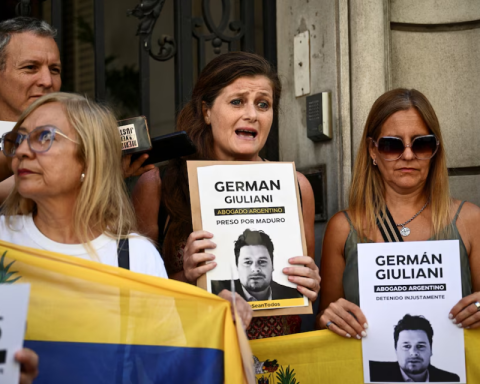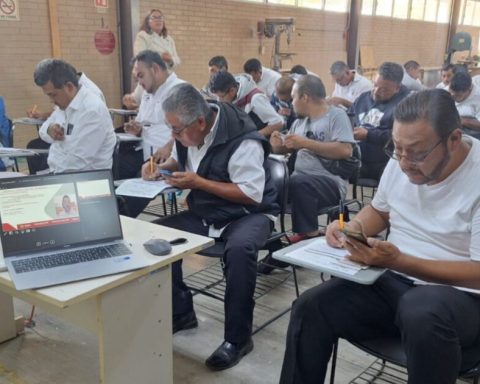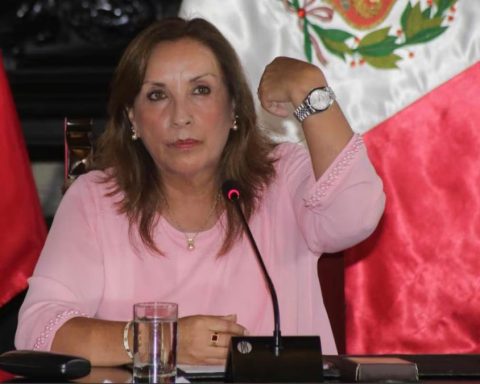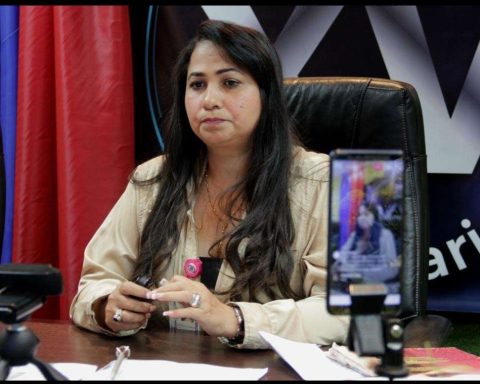“We do not believe that freedom of the press is only decapitated… in dictatorships. There are also high levels of contempt in countries where there are free elections,” Michael Greenspon, president of the Inter-American Press Association (SIP), began this Tuesday. ), to the biannual meeting of the organization, where the situation of journalism in the region was reviewed.
Greenspon, who is also global director of Print Licensing and Innovation at The New York Timescited examples of what countries like El Salvador, Guatemala, or Mexico are experiencing.
“Many also left El Salvador due to government persecution, including a digital medium, El Faro, tired of the government’s arbitrariness, preferred move their offices to Costa Rica, country that also gave shelter to Nicaraguan media and journalists,” Greenspon said.
He also mentioned that in Guatemala the government has arrested journalist José Rubén Zamoradirector of the newspaper elPeriódico, after being accused of the crimes of money and asset laundering, as well as blackmail and influence peddling.
“We were in jail and we witnessed a process that does not appear to be transparent. We claim due process. Weeks later, the Public Ministry responded by opening investigations against journalists and columnists for elPeriódico, such as the former president of the IAPA, Gonzalo Marroquín, for commenting critically on the Zamora case,” Greenspon said.
He added that he also saw as “negative for democracy” that many governments spy on journalists, “as happened in El Salvador and Mexico, through Pegasus, or that most governments have armies of trolls and use anonymous and partisan accounts.” to attack journalists and media on social networks”.
Cuba, Venezuela and Nicaragua continue to lead in attacks on journalism
On the other hand, Nicaragua, Cuba and Venezuela once again represented an important point of concern in the IAPA.
Carlos Jornet, president of the IAPA’s Committee on Freedom of the Press, said that these countries continue to be “the most critical points in the region in terms of freedom to inform.”
And he mentioned that in Nicaragua, for example, “the regime” headed by Daniel Ortega and his wife, Rosario Murillo, “intensified its attacks against all dissent, imposed censorship and not only deported 222 political prisonersbut it took away their nationality, among others from journalists.
“It was a kind of civil death, a figure that dates back to ancient Greece, and that was applied by Nazism after it was abolished by most countries in the 19th or early 20th century,” Jornet compared.
From Venezuela, he mentioned that physical attacks on journalists are routine, as well as the closure and confiscation of media outlets.
He indicated that since October of last year, the frequencies of 80 radio stations have been assigned “to people close to Chavismo”, while the blockades of national and foreign news sites, threats, harassment, attacks on journalists and executives of media.
De Cuba emphasized that the blockade to access the Internet is maintained and that there are fewer and fewer independent journalists. Those who remain in the country, Jornet explained, survive in precarious conditions, both material and mental.
“The repression of the press and independent activists continues and for this reason there are more than a thousand political prisoners. Two communicators remain in prison and the ban on nine journalists from leaving the country is maintained, including our regional vice president, the president of this commission, Henry Constantine”, lamented Jornet.
Both Nicaragua, Cuba and Venezuela maintain a narrative, without evidence, that the media critical of their governments are directed by the United States.
Meanwhile, the ruling party in El Salvador has accused the media of “blatantly lying.” In fact, Bukele has also repeatedly suggested that the voice of america It is the “official media outlet of the United States Government”, despite the fact that there are laws that grant it editorial independence.
“We are afraid that governments, because of their eagerness to regulate expression, may fall into abuse… we demand that freedom of expression be respected,” concluded Michael Greenspon.
Connect with the Voice of America! Subscribe to our channel Youtube and activate notifications, or follow us on social networks: Facebook, Twitter and Instagram.
